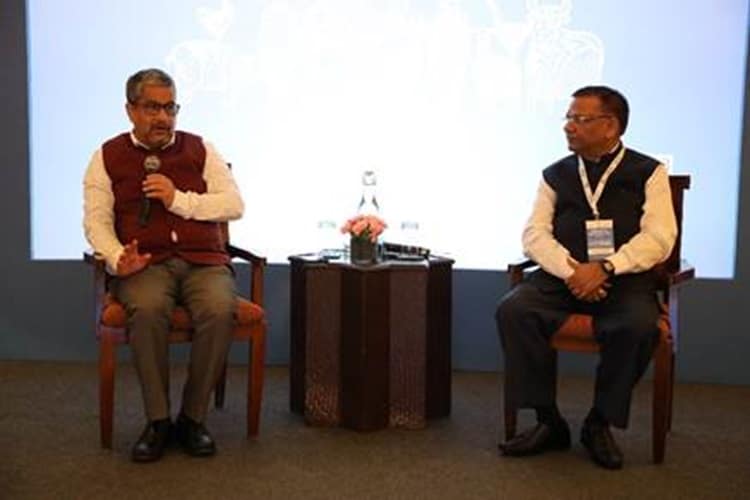FAO Workshop in New Delhi Focuses on Prioritizing Animal Infectious Diseases

A three-day workshop on Animal Infectious Disease Prioritization, organized by the Food and Agriculture Organization of the United Nations (FAO) under the aegis of the Department of Animal Husbandry & Dairying, Ministry of Fisheries Animal Husbandry and Dairying, Government of India, commenced today in New Delhi. The workshop aims to address the pressing need to prioritize infectious diseases that pose significant threats to livestock, poultry, wildlife, and by extension, the national economy and biodiversity.
The inaugural session was led by Dr. Abhijit Mitra, Animal Husbandry Commissioner, who emphasized the critical role economic losses play in disease prioritization. He stressed that the financial implications of these diseases, which range from reduced productivity to the costs associated with treatment and control measures, have far-reaching consequences beyond the agricultural sector, impacting the overall economy of the country.
Dr. Mitra further advocated for the inclusion of biodiversity loss as a key criterion in the prioritization process. He highlighted that the spread of infectious diseases among wildlife and other species not only affects animal health but also has long-term repercussions on ecosystems and the services they provide. By incorporating biodiversity into the disease prioritization framework, the process becomes more holistic, acknowledging the intricate connections between animal health, environmental sustainability, and human well-being.
The workshop also featured insights from Dr. Raj Kumar Singh, Epidemiology, AMR, and Zoonoses Specialist, FAO India, who provided a comprehensive overview of the Animal Infectious Disease Prioritization (AIDP) process. He detailed the role of various committees involved in evaluating and ranking diseases based on their prevalence, economic impact, and health implications for both animals and humans.
The event brought together a diverse group of experts from the Department of Animal Husbandry & Dairying, ICAR, State Veterinary Universities, State Animal Husbandry Departments, USAID, Jhpiego, and the Emergency Centre for Transboundary Animal Diseases (ECTAD) Team of FAO India. Their collaborative efforts are focused on mapping, identifying, and prioritizing key animal infectious diseases that require immediate attention.
Over the next two days, the workshop will continue to evaluate and rank diseases of particular concern, including those affecting terrestrial animals like livestock, poultry, and wildlife, as well as zoonotic diseases with the potential to impact human health. This prioritization will guide the development of targeted surveillance and control programs, ultimately leading to more sustainable and resilient animal health systems in India.
By addressing the diseases that pose the greatest threat to both the economy and biodiversity, this workshop aims to enhance the country’s capacity to manage and mitigate the impacts of animal infectious diseases, thereby supporting the broader goals of environmental sustainability and public health.
Observer Voice is the one stop site for National, International news, Sports, Editor’s Choice, Art/culture contents, Quotes and much more. We also cover historical contents. Historical contents includes World History, Indian History, and what happened today. The website also covers Entertainment across the India and World.

